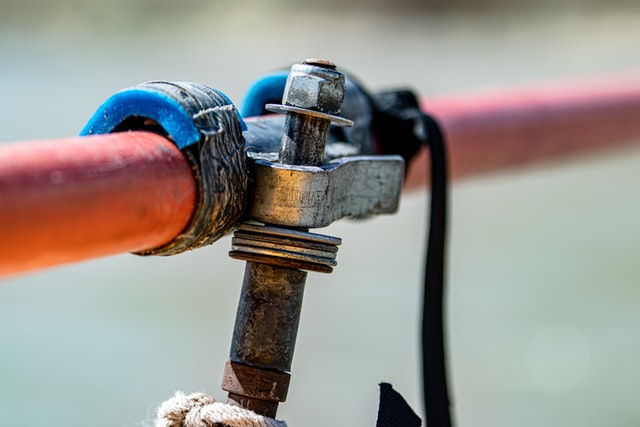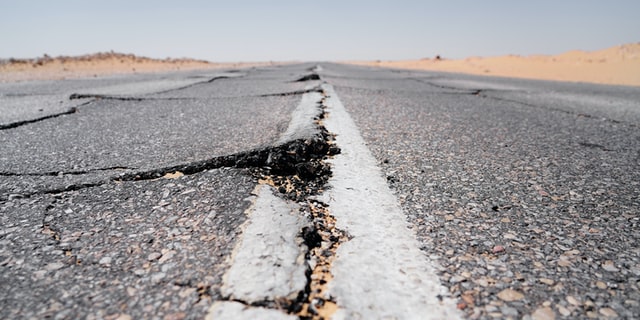Earthquakes, Plumbing and You
While earthquakes aren’t exactly a common occurrence in Melbourne, we saw recently that it can happen from time to time. And even though a minor tremor might not cause any damage above ground, our homes’ plumbing systems consist of an intricate network of pipes. Unfortunately, these are the first things to become vulnerable during an earthquake.
Whether your pipes are under the floor, behind interior walls or buried underneath the ground throughout the house’s exterior; earthquakes cause the ground (and everything on top of it!) to shift and tremble. Any rigid piping is at risk of cracking, warping or breaking completely.
Here are the most common ways in which earthquakes tend to damage pipes, and how you can restore them to optimal condition.
#1 – Burst pipes and resulting water leaks
In the event that an earthquake shifts the foundations of your home, your plumbing network shifts along with it, and this can create weak spots in your home’s piping. Things become unfastened, joints become looser and leaks start to occur. If your pipes are buried underground, some of them might break altogether.
Common tell-tale signs of burst water pipes and leaks in your plumbing include:
- Visible signs of water damage
- Issues with water pressure
- Pooling of water or puddles in random areas
- Infestations of rodents and pests
- Signs of mould or mildew (even just the odour of it)
- Sunken ground
- Unusually high water bills
- Patches of grass that are suddenly greener and lusher than the rest of the lawn
Regular inspections and maintenance from a licensed plumber is a sure-fire way to identify these issues, and hopefully, resolve them before they exacerbate into a bigger (and costlier) problem.

#2 – Your water heater has shifted slightly
The average water heater tank stores between 120 and 180 litres of water at any given time. In the event of an earthquake, this heavy piece of equipment can easily shift or even tip over if not adequately secured.
This is something you can take care of yourself, simply by investing in a reliable strap kit (available from any local hardware store for $20 or so) and fastening your water heater as securely as possible. This easy preventative measure can save you lots of time, money and headache down the line.
#3 – A ruptured gas line, resulting in a gas leak
The most serious consequence that an earthquake might have on your plumbing is a gas leak. Obviously, this requires immediate attention as it poses a high health and safety hazard to your household.
If you smell gas following an earthquake (or at any time) it’s crucial that you vacate the home and call a licensed professional straight away. Gas leaks give off a sulphur “rotten eggs” kind of smell, and prolonged exposure will result in:
- Dizziness, headaches and fatigue
- Chest pains and flu-like symptoms
- Difficulty to breathe and ringing in the ears
Of course, gas leaks also pose a fire risk – all the more reason why the situation must be addressed by a qualified and experienced professional as soon as possible.
Do you suspect your pipes have received earthquake damage?
If there’s recently been an earthquake in your area, or if you suspect that your plumbing has broken/cracked pipes for whatever reason, be sure to contact Simoe’s Plumbing for efficient and reliable inspections, repairs and (if necessary) replacements.
With over 10 years of experience carrying out exceptional residential, commercial and industrial plumbing services, we can assist with everything from CCTV pipe inspections and excavation services, to gas fitting, gutter replacements/repairs, carbon monoxide testing and more.



